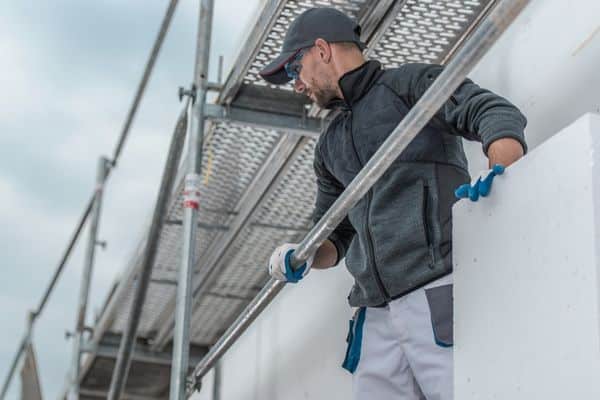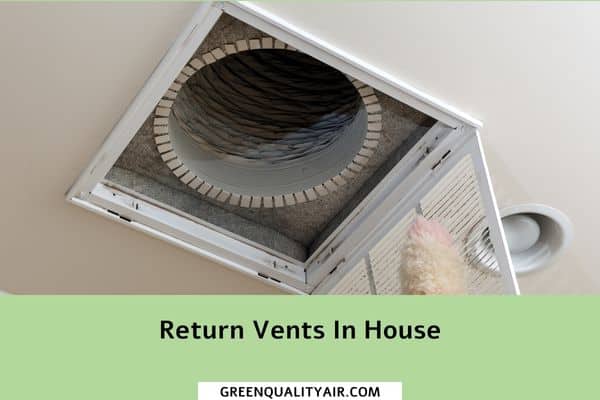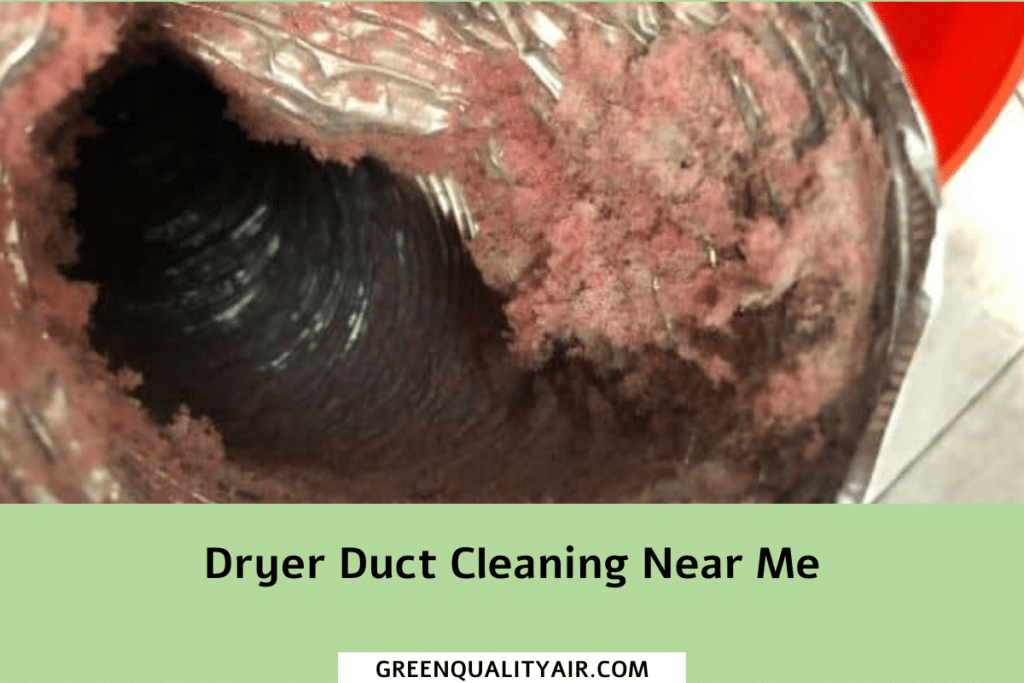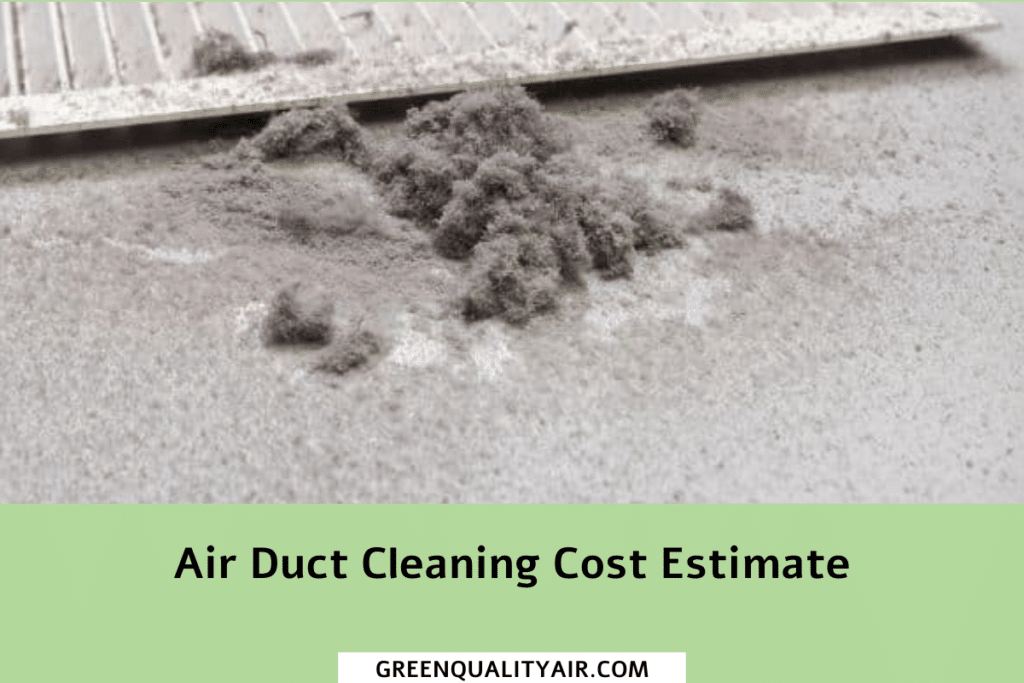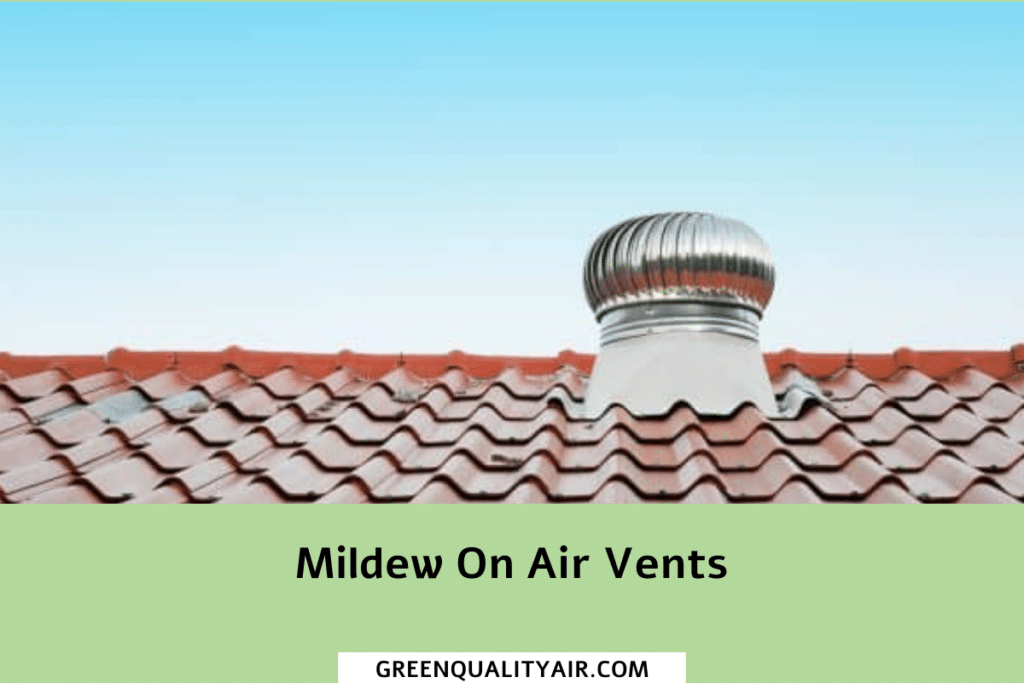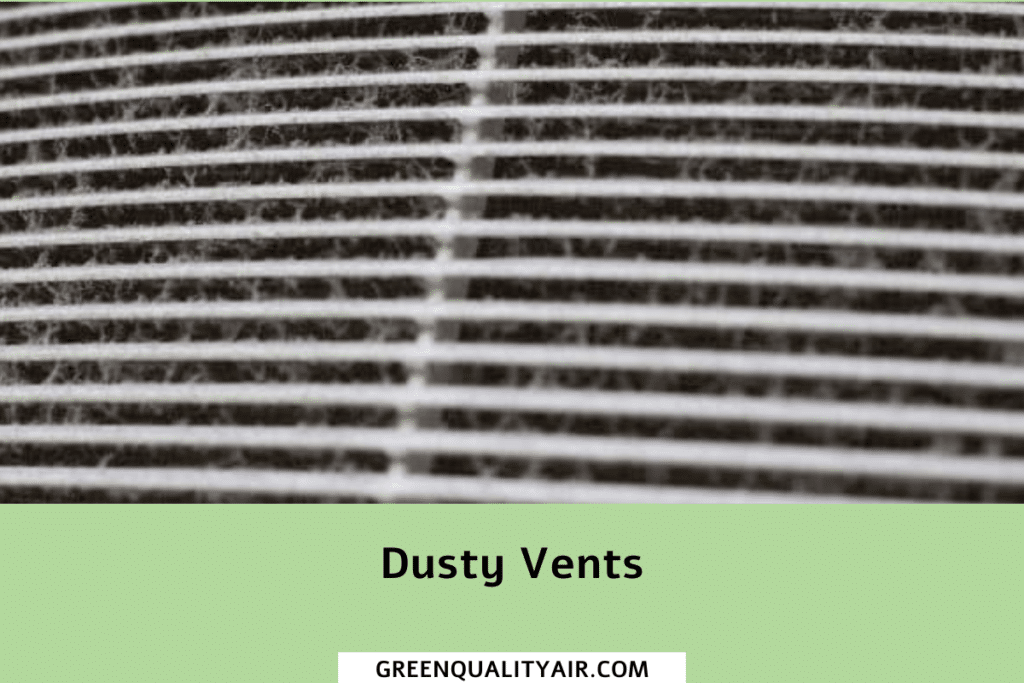Are you looking to save money on your energy bills? Have you considered the benefits of insulating your attic? Adding insulation to your attic is an excellent investment for any homeowner, as it can help reduce energy costs and make your home more comfortable. Keep reading to learn how adding insulation to your attic can provide multiple tangible benefits for years to come.
What Is Attic Insulation?
Attic insulation is an integral part of any home’s energy efficiency, as it helps to keep warm air inside during the winter and cool air during the summer months. Insulating your attic can be done by adding loose-fill, batt, or spray foam insulation.
Loose-fill insulation is made of small material blown into the attic with a machine, and it’s excellent for irregularly shaped areas or hard-to-reach places. Batt insulation is also made from small pieces, but it comes in rolls that you can cut and fit into the area.
Finally, spray foam insulation is sprayed directly onto the attic walls and ceiling, providing a seamless seal that resists moisture and air leakage.
What Are The Benefits Of Insulating Your Attic?
Attic insulation is an essential part of creating a comfortable, energy-efficient home. But what are the benefits of insulating your attic?
The primary benefit of attic insulation is that it helps reduce energy costs. Trapping heat in the winter and keeping it out in summer can significantly reduce heating and cooling costs. It also helps keep humidity levels low, creating a healthier indoor environment for you and your family.
Additionally, proper attic insulation can help protect against ice dams and other roofing problems caused by temperature fluctuations.
Attic insulation also adds to the overall value of your home. An insulated attic will make your house more attractive to potential buyers if you ever decide to sell, as they know they won’t have to invest in upgrading the insulation immediately.
Insulated attics are also beneficial for noise reduction; they help absorb sound from outside and inside the home, making it quieter and more comfortable for everyone living there.
Contact Us
How Does Attic Insulation Improve Energy Efficiency?
Attic insulation can help to improve energy efficiency in several ways. First, it acts as a barrier, preventing warm air from escaping your home and cold air from entering during the summer and winter. This helps keep energy costs down by reducing the energy needed to heat or cool your home.
What Types Of Insulation Should You Use In Your Attic?
The most common types of insulation for attics include fiberglass, cellulose, and spray foam. Fiberglass insulation is often the cheapest option, but it doesn’t provide as much thermal protection as other materials.
Cellulose insulation is made from recycled paper products and is treated with fire retardants to make it more flame-resistant. Finally, spray foam insulation can be sprayed directly onto surfaces and creates an airtight seal, making it an excellent choice for reducing drafts and improving energy efficiency.
What Are The Different Methods Of Insulating An Attic?
One method uses loose-fill insulation, which is often made of fiberglass or cellulose. This type is poured or blown into the attic space and fills gaps or cracks. Loose-fill insulation helps keep heat inside during winter and prevents heat from entering during warmer months, making it a great all-around choice for many homes.
The other option is batt insulation, which comes in large rolls or pre-cut panels. Batt insulation works by trapping air between its fibers and is usually made from fiberglass or mineral wool. It’s easy to install and provides good protection against air leakage, making it an ideal choice for many homeowners looking to add additional insulation to their attic space.
What Are The Environmental Benefits Of Adding Attic Insulation?
Insulating your attic is a great way to reduce the amount of energy used to heat or cool a home. Tapping heat within the attic requires less energy to keep a space comfortable throughout the year. This means that homeowners can save money on their energy bills while also decreasing their reliance on fossil fuels and nonrenewable energy sources.
What Are The Maintenance Requirements For Attic Insulation?
When taking care of your attic insulation, the most important thing is to check for any damage or wear and tear that may have occurred over time. If there are holes in the insulation, consider replacing it with a higher-quality product.
You’ll also want to ensure that air vents are clear so air can circulate properly throughout your attic space. Additionally, if you notice any mold or signs of water damage, be sure to address the issue immediately, as this could cause significant damage in the long run.
Finally, regular cleaning can go a long way in preserving your attic insulation. Vacuuming out any dust, dirt, or debris will help keep things functioning correctly and extend its lifespan. Taking these steps will ensure that your investment in attic insulation pays off for years to come.
More Articles
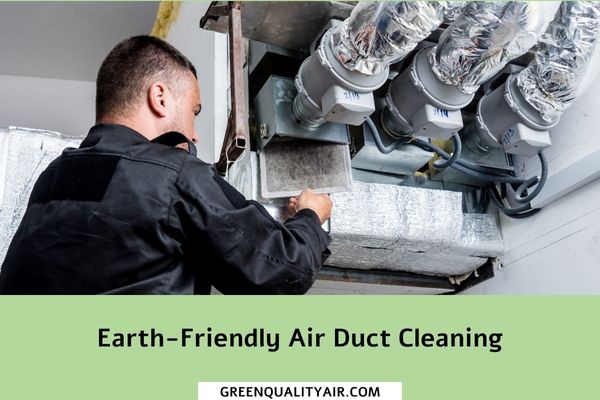
Earth-Friendly Air Duct Cleaning: Sustainable Solutions for Clean, Healthy Air
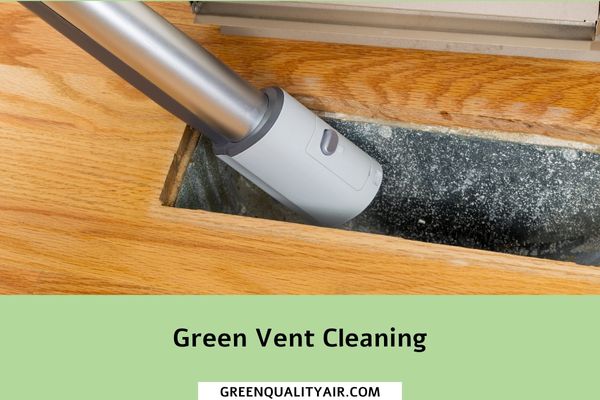
Green Vent Cleaning – A Comprehensive Guide to Sustainable and Effective Ventilation Maintenance

Breathe Easy with Green Air Duct Cleaning Solutions

Earth-Friendly Air Duct Cleaning: Sustainable Solutions for Clean, Healthy Air
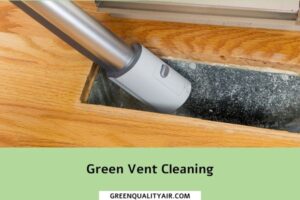
Green Vent Cleaning – A Comprehensive Guide to Sustainable and Effective Ventilation Maintenance

Breathe Easy with Green Air Duct Cleaning Solutions
How Can You Tell If Your Attic Needs Insulation?
When making sure your home is energy-efficient, one of the most important places to start is with your attic. But how can you tell if your attic needs insulation?
To find out, you first need to check for air leakage. If there are any cracks or openings in the walls and ceiling of your attic, this could be letting in cold air or losing warm air from the house. You should also look for any signs of water damage caused by moisture entering the space.
The next step is to measure the current insulation level in your attic. Different types of insulation have different R-values, which indicate how well they insulate. You can either do this with an insulation testing kit or hire a professional for an accurate reading.
Once you have the readings, you’ll better understand whether more insulation is needed and what type would work best for you.
What Are The Most Common Mistakes To Avoid When Insulating An Attic?
Insulating your attic is a great way to save money on energy bills and increase the comfort of your home. But if done incorrectly, it can waste time and money. Knowing the most common mistakes to avoid when insulating an attic is essential for ensuring you get the most out of your investment.
One mistake to watch out for is not using enough insulation. Without adequate insulation, heat will escape from your house in the winter, making it harder to keep warm and costing you more in energy bills. Ensure enough insulation is in place before you start insulating your attic.
Another common mistake people make when insulating their attics is not air-sealing around windows, doors, and other openings in the attic space. This allows heated or cooled air to escape the house, reducing efficiency. Instead, when installing insulation, use caulk or weather stripping around these openings to ensure they are properly sealed off from the rest of the house.
Finally, don’t forget about ventilation. Proper ventilation helps regulate temperatures inside an attic and prevents moisture buildup, which can lead to mold growth over time. Ensure vents are installed near the roofline so that air can circulate freely through your attic space.
These simple steps will ensure you get maximum benefits from insulating your attic and help protect it against future damage.
Know When to Hire a Professional
First and foremost, safety is the number one concern when thinking about insulating your attic, as most attics are difficult and dangerous to access. The steepness, hot temperatures, and unstable structures of many attics make this hazardous work best left to a professional.
Insulation can also contain dangerous compounds like asbestos and formaldehyde. If disturbed, it could become airborne, requiring you to hire someone knowledgeable and experienced enough to complete the task at hand safely.
Second, efficiency is another major factor to consider when hiring a professional to insulate your attic. Professionals will have the right tools and materials to complete the job quickly and efficiently, often achieving results that an amateur may not have achieved. This can result in the job being completed in less time than it would have taken you to tackle the project alone.
Finally, expertise is a significant plus when researching and hiring a professional. Professionals will have the skills and experience necessary to complete the job safely and efficiently. They will also be able to give you insight regarding matters such as energy consumption and proper materials to use.
This can all work together to ensure that your attic is adequately insulated and your investment pays off in the long run.
Conclusion
Adding insulation to your attic is a great way to save money on energy bills and make your home more comfortable. It helps keep warm air in the winter and cool air out during the summer months, reducing the energy needed to heat and cool your house.
Additionally, it helps protect against roofing problems caused by temperature fluctuations and increases your home’s value if you decide to sell. The best insulation for an attic is usually either loose-fill, batt, or spray foam, and installing it correctly is essential for achieving maximum benefits and avoiding costly mistakes.
Hiring a professional is always the best route to ensure your insulation is done properly and accurately, as they have experience and knowledge of all the best insulation materials and methods. With proper insulation and air-sealing, your attic will be prepared to help reduce energy costs for years. Also, keep up with regular maintenance of your attic insulation, such as cleaning and inspecting for any signs of wear and tear.
If your attic isn’t adequately insulated, now is the time to upgrade. Insulating your attic is an excellent investment that will provide multiple tangible benefits, making it worth the initial cost. The lasting benefits of a properly insulated attic are numerous, and it’s worth it for long-term savings.

